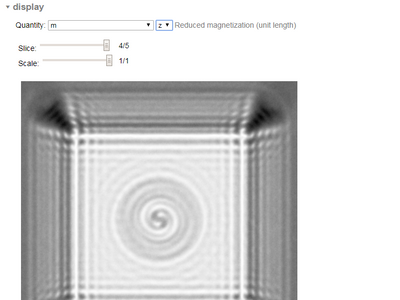Kursen behandlar modellering av halvledare och nanostrukturer med numeriska metoder såsom finita differensmetoden (FDM) och finita elementmetoden (FEM) samt simuleringsprogramvara för kretsdesign enligt industristandard. Fokus ligger på moderna CMOS-teknologinoder inklusive FinFET, SOI och framtida generationer av 3D-komponenter. Effektförbrukning, energieffektivitet och hållbar energiproduktion är genomgående teman.
Följande områden ingår:
- Beskrivning av jämförande analys av användningsområden och grundläggande principer för fysikalisk komponentsimulering (TCAD) respektive kompakta modeller för kretssimulering.
- Kompakta modeller för moderna halvledarteknologier och deras implementation med hjälp av hårdvarubeskrivande språk i designmjukvara, inklusive hörnmodellering och andra statistiska metoder.
- Översiktlig introduktion till kombinationen av process-simulering och komponentsimulering för optimering av framtida generationer av halvledarkomponenter.
- Hierarkier för komponent-, krets-, blandad-komponent-och-krets- och multifysiksimuleringar inom halvledar- och nanostrukturområdet.
- Termisk modellering, effektförbrukning, variabilitet och begrepp som ”dark silicon” i integrerade kretsar med 100-tals miljoner transistorer.
- Parallellprogrammering och hårdvarustöd för krävande halvledarsimuleringar.
